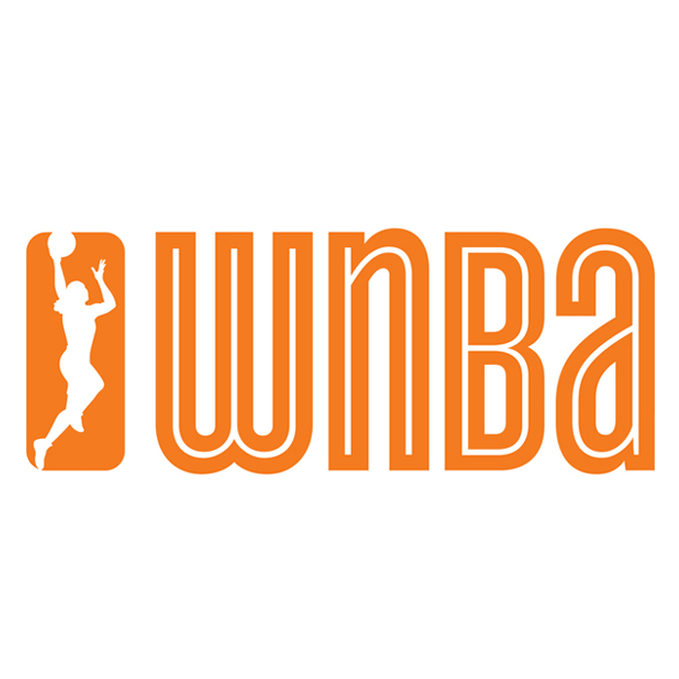The WNBA is leveling up in a major way. The league announced that three new teams—Cleveland, Detroit, and Philadelphia—are officially joining the W’s growing roster, pushing the league to 18 teams by the year 2030.
Cleveland is first up, taking the court in 2028. Detroit follows in 2029, and Philly is on deck for 2030, pending final approval from the NBA and WNBA board of governors. This news comes hot on the heels of Toronto and Portland’s confirmed launches in 2025.
WNBA Commissioner Cathy Engelbert said the growth is driven by an explosion in demand for women’s basketball. “This historic expansion is a powerful reflection of our league’s momentum,” she shared.
Each of the new franchises will pay a hefty $250 million expansion fee—five times what Golden State paid to launch the Valkyries. All three incoming teams are backed by NBA ownership groups and are committing to additional investments in practice facilities and player amenities.
Detroit and Cleveland are no strangers to the WNBA. Both cities previously hosted teams—the Shock and the Rockers—and may revive those names, though owners say they’ll consult fans before deciding. Philly, meanwhile, was once home to an ABL team but is now entering the WNBA for the first time.
Detroit Pistons owner Tom Gores called the move a long-awaited homecoming, adding that local sports icons Grant Hill, Chris Webber, and NFL quarterback Jared Goff will all have minority stakes in the team.
The Cleveland and Detroit squads will share NBA arenas with their male counterparts. Philadelphia’s team will use existing venues like the Wells Fargo Center until their planned new arena opens—hopefully by 2030.
This expansion adds more regional rivalries to the mix. Expect fresh matchups between Detroit and Cleveland, Philly and New York, and more. Leaders in all three cities say they’re excited to build on their NBA legacies.
The WNBA received expansion bids from cities including Houston, Charlotte, Miami, and Denver, with Houston—home of the original Comets—still high on the league’s radar for future growth.
Engelbert stressed that the rollout is spaced out intentionally, so the league doesn’t stretch its talent pool too thin. But with rising TV ratings, sold-out arenas, and booming youth engagement, especially among girls, the league says it’s ready for more.
Nic Barlage, CEO of Rock Entertainment, which owns the Cavaliers, said the demand is real and growing fast. “The fastest growing group in our Cavs youth academy is girls. It’s growing 30% year over year.”
With fans, money, and momentum all rising, the WNBA’s next chapter is shaping up to be its most powerful yet.


![Donald Trump's New Memo Could Let Feds Target Activists as "Terrorists" [Video] - Baller Alert Donald Trump's New Memo Could Let Feds Target Activists as "Terrorists" [Video]](https://balleralert.com/wp-content/uploads/2025/02/image-23-e1751319301402-75x75.jpg)
